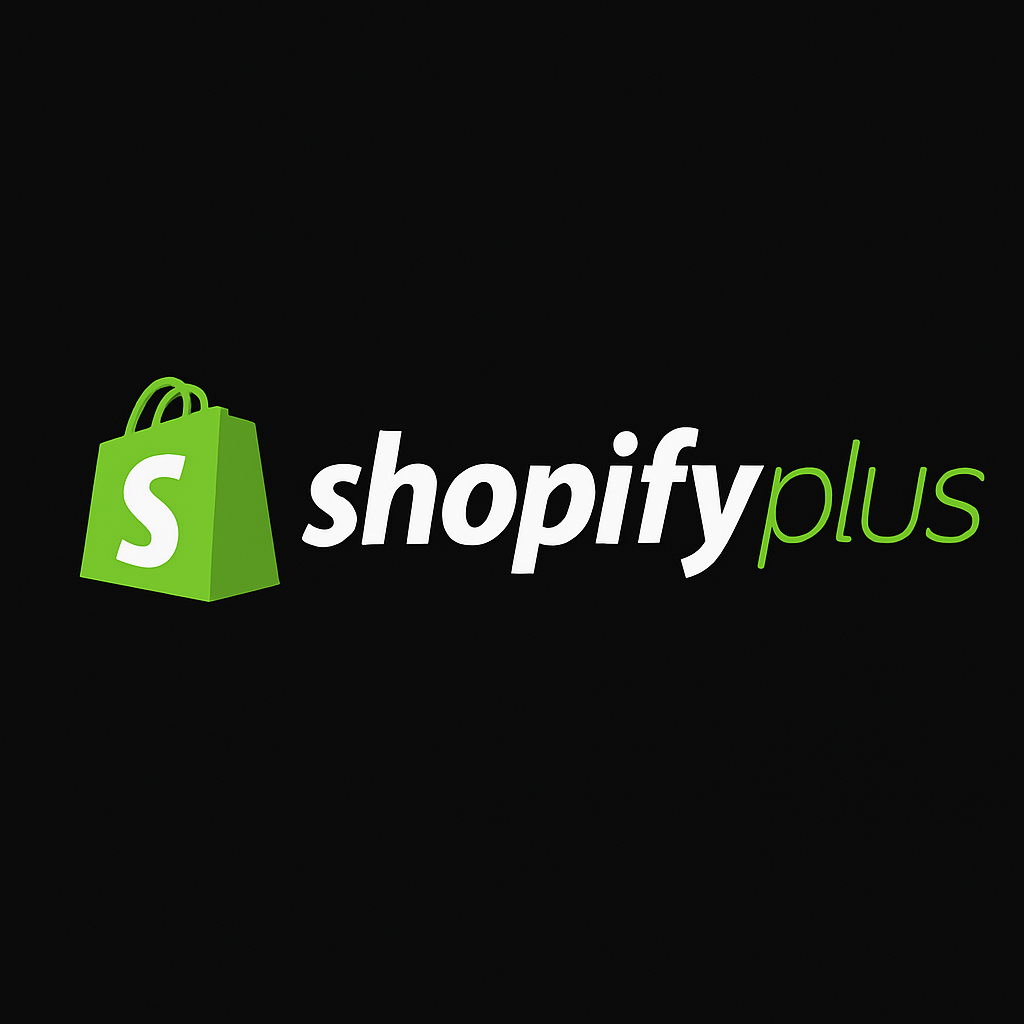Enterprise e-commerce platform selection has become one of the most critical business decisions that determines whether your digital transformation drives growth or creates operational bottlenecks.
With enterprise implementations averaging 12-24 months and budgets often exceeding initial projections by 200%, choosing between Shopify Plus, Oracle Commerce, and SAP Commerce requires careful analysis.
The challenge isn't just finding a platform that works - it's finding one that integrates with your existing systems while delivering the agility needed to compete in fast-moving markets. Each platform represents a fundamentally different approach to enterprise commerce strategy.
Key comparison areas we'll explore:
- Platform philosophy and implementation approaches
- Total cost of ownership and ROI analysis
- Enterprise integration capabilities and ecosystem strength
- Performance scalability and risk assessment
Shopify vs Oracle Commerce vs SAP Commerce: Platform Overview
Understanding how these platforms align with different enterprise priorities helps identify which solution fits your organization's specific needs and existing technology investments.
Enterprise Platform Comparison
Shopify Plus delivers rapid deployment with commerce-focused features that work out of the box. The platform excels at getting enterprises to market quickly while providing scalability for future growth.
Oracle Commerce functions as part of Oracle's comprehensive enterprise ecosystem, offering deep integration capabilities for organizations with existing Oracle infrastructure investments.
SAP Commerce serves enterprises with significant SAP ecosystem commitments, providing unified business process management across ERP, CRM, and commerce operations.
Implementation Reality and Resource Requirements
Real-world deployment timelines and resource needs often differ significantly from vendor estimates, making practical implementation factors critical for enterprise planning.
Implementation Complexity Analysis
Thousands of online stores trust Shopify to get up and running quickly. The platform makes setup easy, handles the tech side, and still delivers strong performance and security.
Oracle Commerce requires substantial consultation phases for customization and integration planning. Success depends heavily on experienced Oracle specialists and clear project governance.
SAP Commerce involves a comprehensive business transformation that affects multiple departments and systems. The extended timeline reflects deep integration complexity but delivers unified business process management.
Total Cost of Enterprise Ownership
Enterprise platform selection requires a five-year TCO analysis that captures all direct and indirect costs associated with platform deployment and operation.
5-Year Enterprise TCO Breakdown
Note: Cost estimates are indicative ranges based on typical enterprise implementations. Actual costs vary significantly based on company size, customization requirements, integration complexity, and implementation partner rates.
Shopify Plus provides predictable cost scaling with transparent monthly licensing and managed infrastructure. ROI typically occurs within 12-18 months due to faster implementation and immediate revenue generation.
Oracle Commerce requires substantial upfront investment but enables unique competitive advantages through customization. Break-even extends to 36-48 months for most enterprise implementations.
SAP Commerce represents the highest total investment but delivers comprehensive business process integration for SAP-centric organizations. ROI timelines often exceed 48 months due to implementation complexity.
Integration Capabilities and Ecosystem Strength
Enterprise success depends on seamless connectivity between commerce platforms and existing business systems, data sources, and operational workflows.
Enterprise Integration Comparison
Shopify Plus offers extensive third-party flexibility through its marketplace and robust API framework. The platform excels at connecting modern SaaS tools while requiring custom development for legacy system integration.
Oracle Commerce delivers native advantages within Oracle's enterprise ecosystem, particularly for ERP, CRM, and business intelligence integration. Non-Oracle systems may require additional customization effort.
SAP Commerce provides unmatched SAP ecosystem integration with unified business process management across all SAP applications. Third-party integrations typically require specialized SAP development expertise.
Performance and Scalability Assessment
Enterprise platforms must handle peak loads, complex catalogs, and high-volume processing while maintaining consistent performance across global operations.
Enterprise Performance Metrics
Shopify Plus handles billions in transaction volume during peak events with automatic scaling. The cloud-native architecture maintains performance without manual intervention.
Oracle Commerce supports large-scale operations with complex business logic, though performance depends on implementation quality and infrastructure investment.
SAP Commerce excels at high-volume B2B scenarios with sophisticated pricing engines and approval workflows typical of manufacturing and wholesale operations.
Risk Assessment
Enterprise platform decisions carry long-term strategic risks that require systematic evaluation and mitigation planning.
Platform Risk Analysis
Vendor lock-in represents the most significant long-term risk for enterprise platforms. Shopify Plus maintains data portability through standard exports and APIs, while Oracle and SAP create deeper dependencies through proprietary integrations.
Implementation risk correlates directly with project complexity. Enterprise platforms with extensive customization requirements introduce multiple failure points, while streamlined solutions reduce variables that can derail deployments.
Cost escalation often occurs through hidden consulting fees and scope creep. Transparent pricing models provide predictable scaling costs, while complex enterprise licensing can lead to unexpected budget overruns during growth phases.
The Enterprise E-Commerce Winner: Shopify Plus

After comprehensive analysis across implementation speed, total costs, integration capabilities, and risk factors, Shopify Plus emerges as the superior choice for most enterprise organizations seeking reliable e-commerce growth.
Why Shopify Plus Leads:
- Fastest time-to-market with 2-4 month implementations versus 12-24 months for competitors
- Predictable cost structure with 5-year TCO of under $1 million compared to $2.5-8 million for alternatives
- Proven enterprise scalability handling billions in transaction volume with 99.99% uptime
- Lower implementation risk with 85% on-time success rate versus 45-60% for complex platforms
- Modern architecture that eliminates technology obsolescence concerns
While Oracle Commerce excels in deep Oracle ecosystem integration and SAP Commerce provides comprehensive ERP connectivity, Shopify Plus delivers the optimal balance of enterprise capabilities, implementation speed, and long-term value for growth-focused organizations.
For enterprises prioritizing market agility and proven performance, Shopify Plus offers the clearest path to sustainable e-commerce success without the complexity burden of traditional enterprise platforms.
Choosing Agility Over Complexity In Enterprise Commerce
Enterprise commerce success comes down to agility versus complexity. While Oracle Commerce and SAP Commerce offer deep ecosystem integration, their long timelines, high costs, and heavy resource demands slow transformation.
Shopify Plus, by contrast, delivers faster implementations, predictable TCO, and proven scalability without the legacy overhead. For growth-focused enterprises, this balance of speed, flexibility, and enterprise capability makes Shopify the smarter long-term choice.
If you’re ready to simplify complexity and move faster, partner with Velt2, a trusted Shopify Plus expert that ensures seamless migrations, optimized UX, and future-proof scalability.







%20(1).jpg)

%20(1).jpg)

%20(1).jpg)
